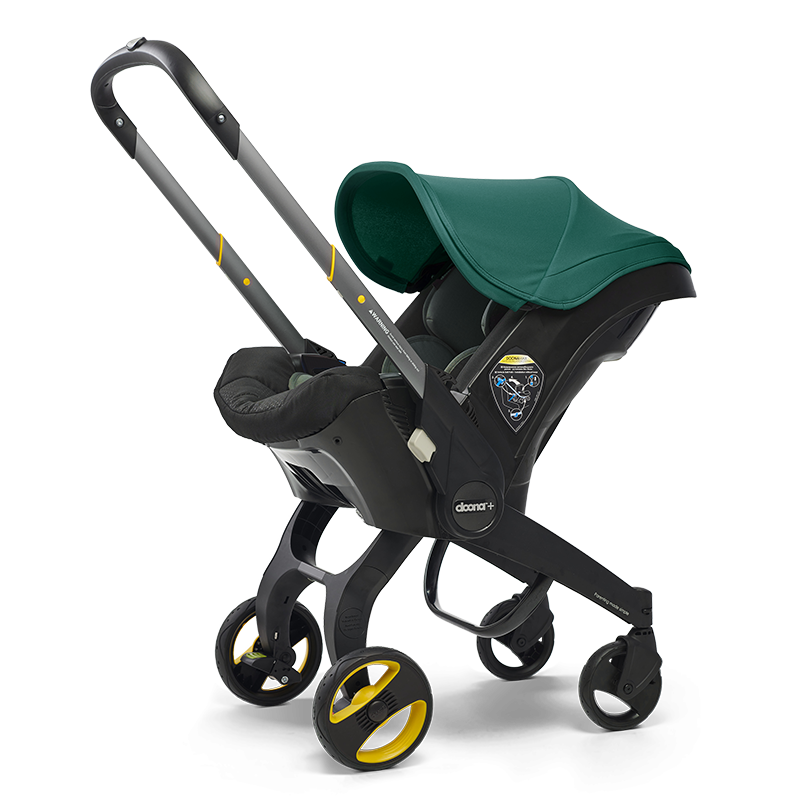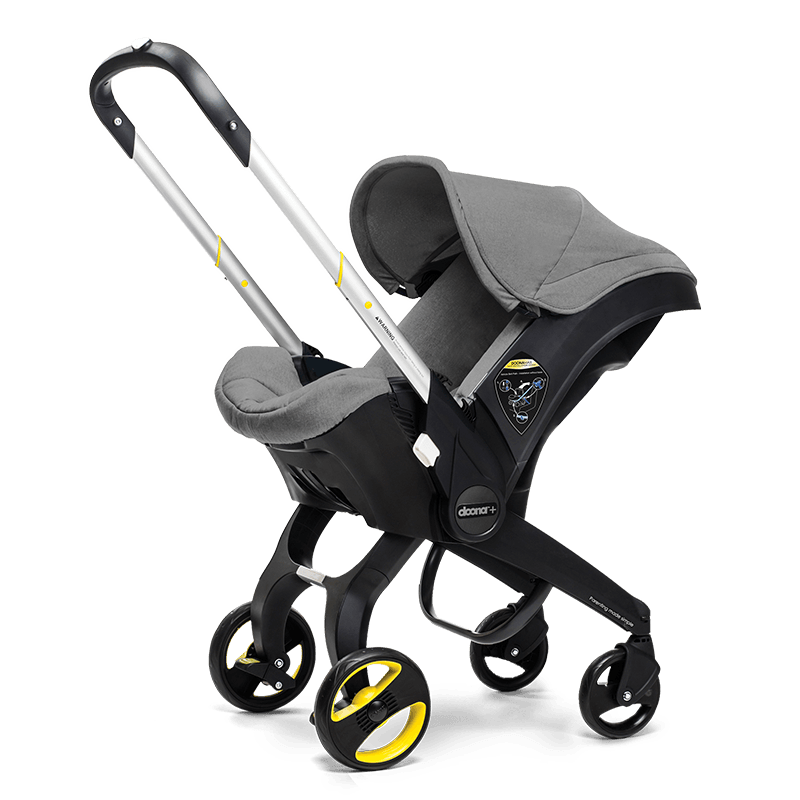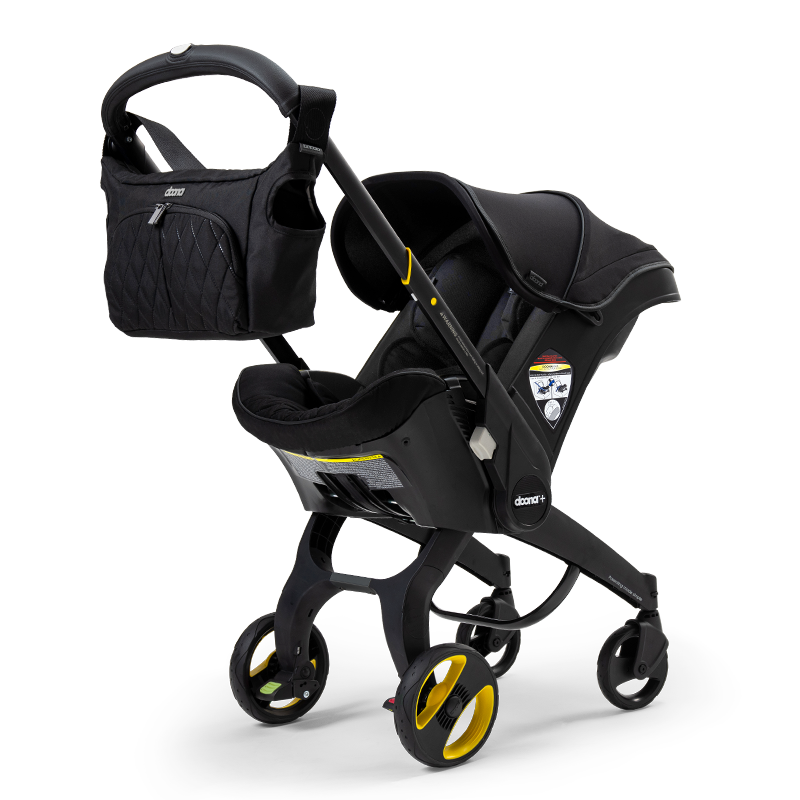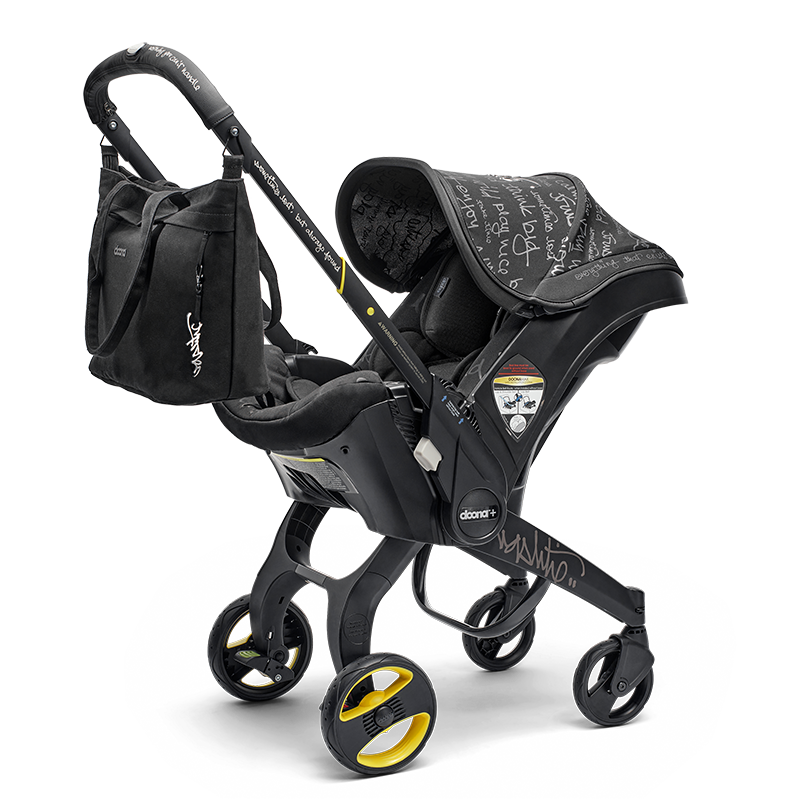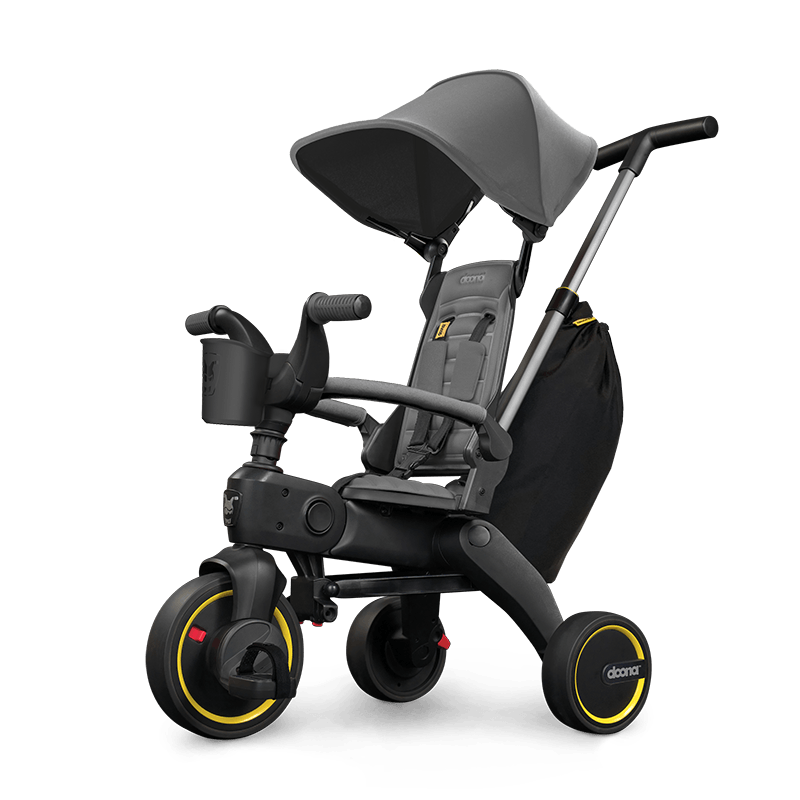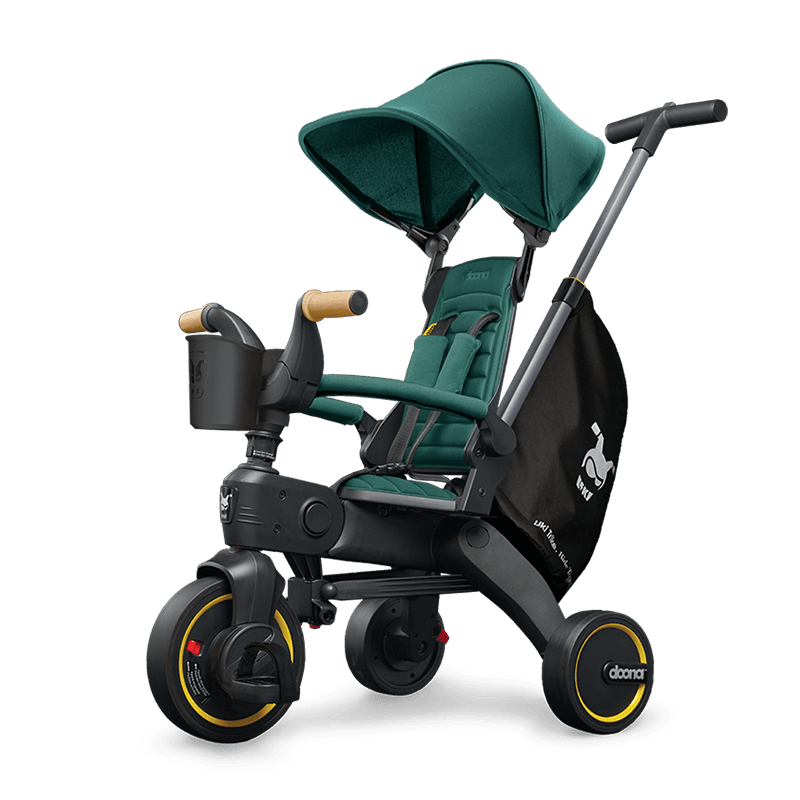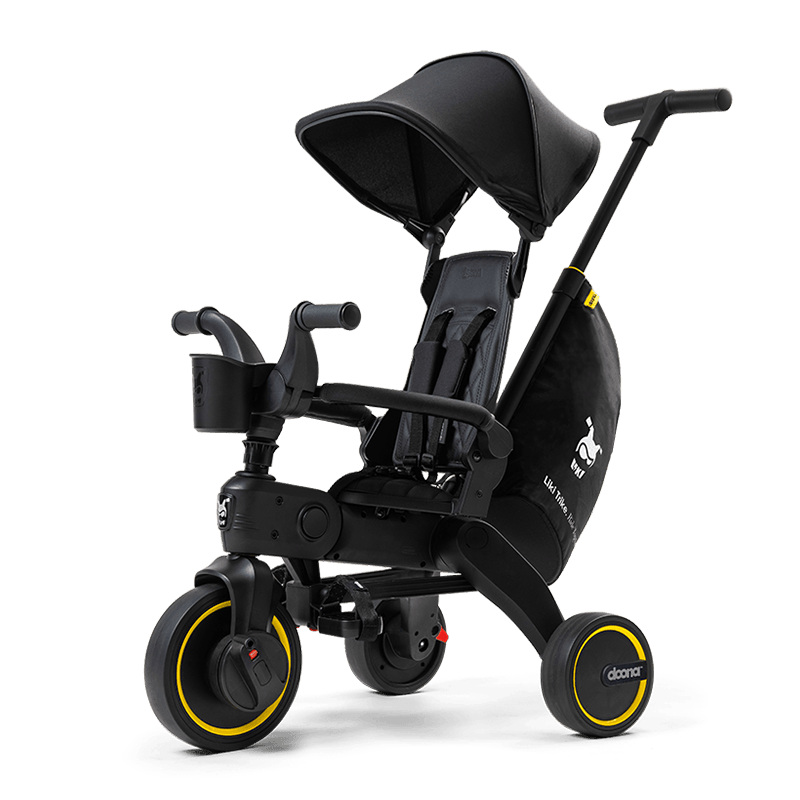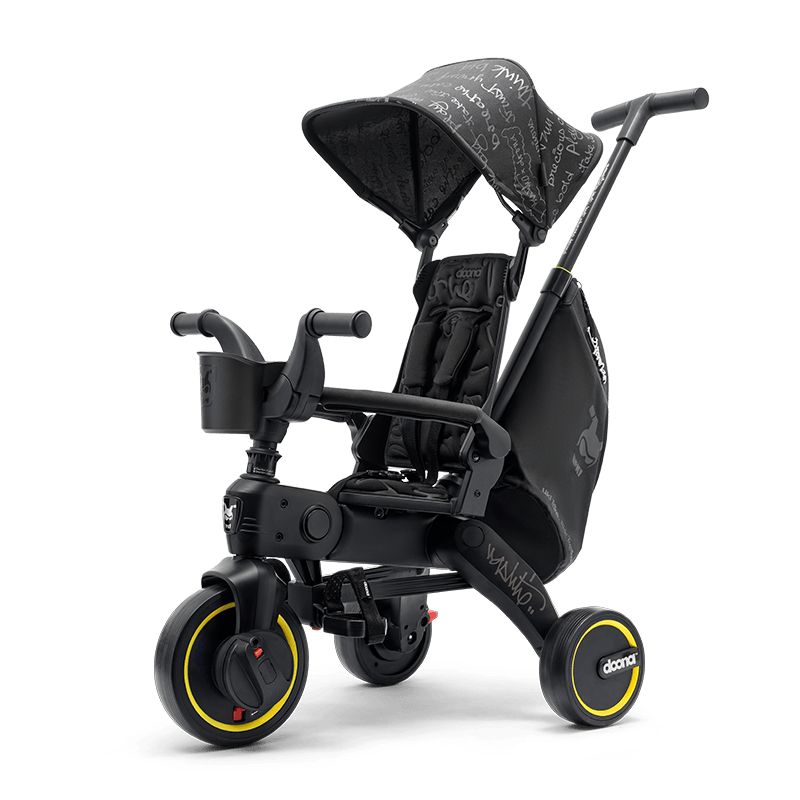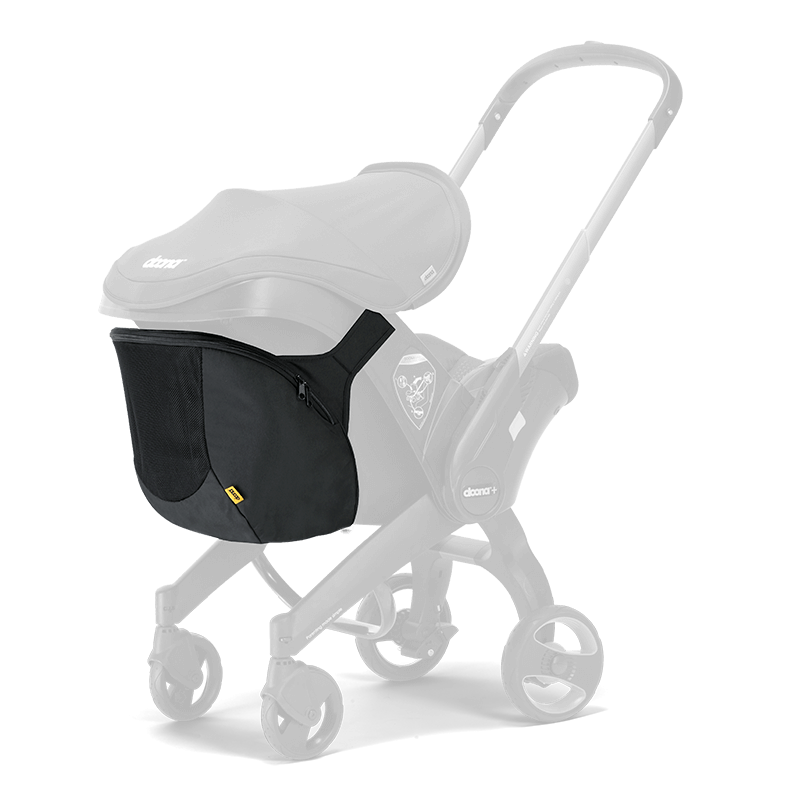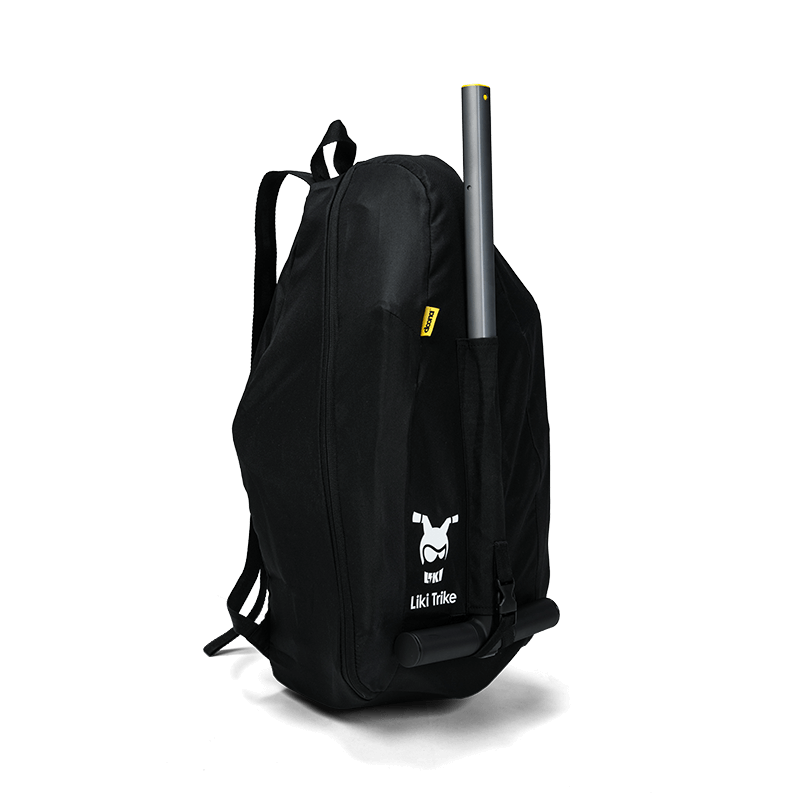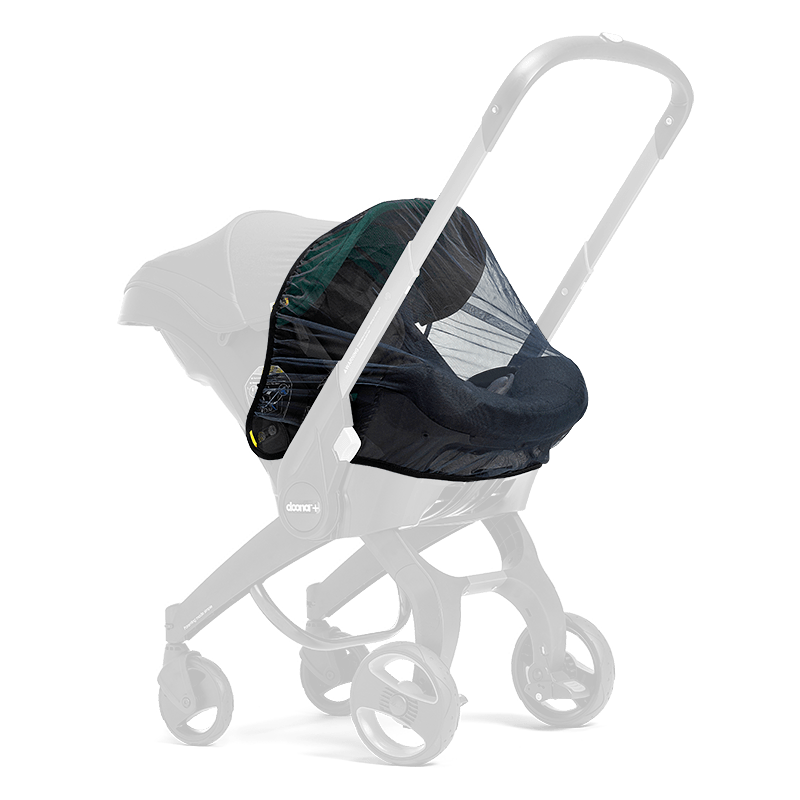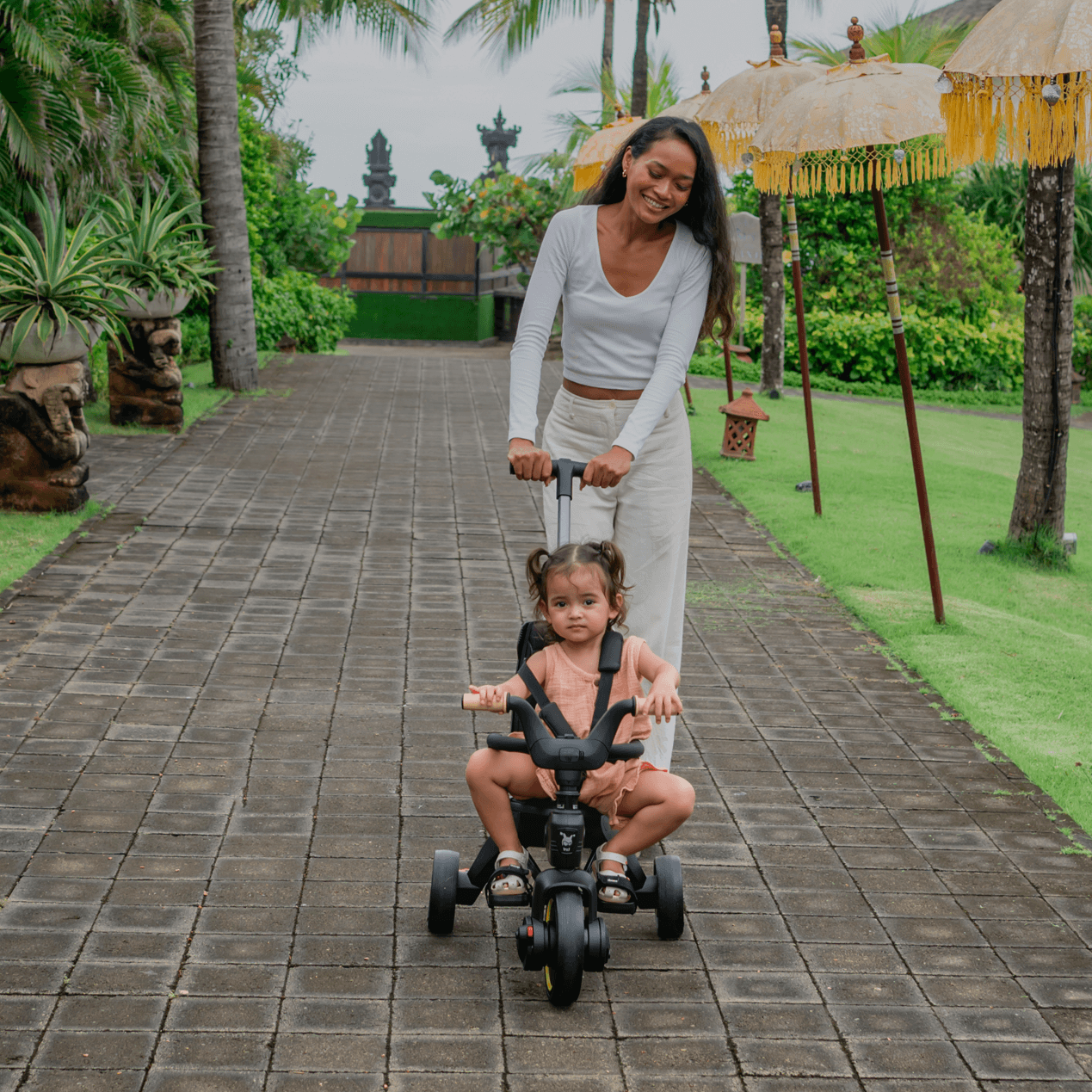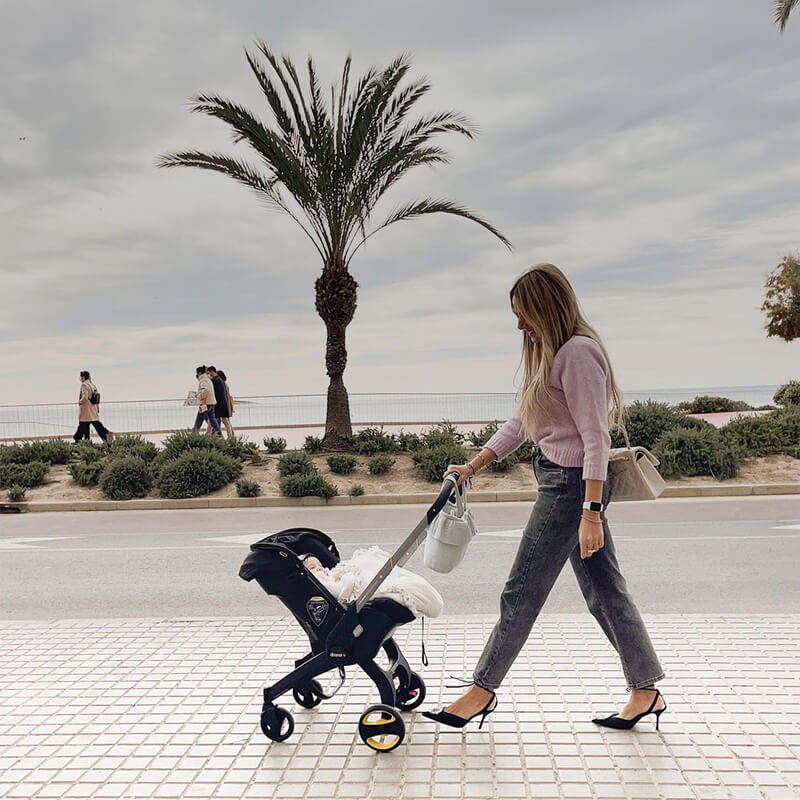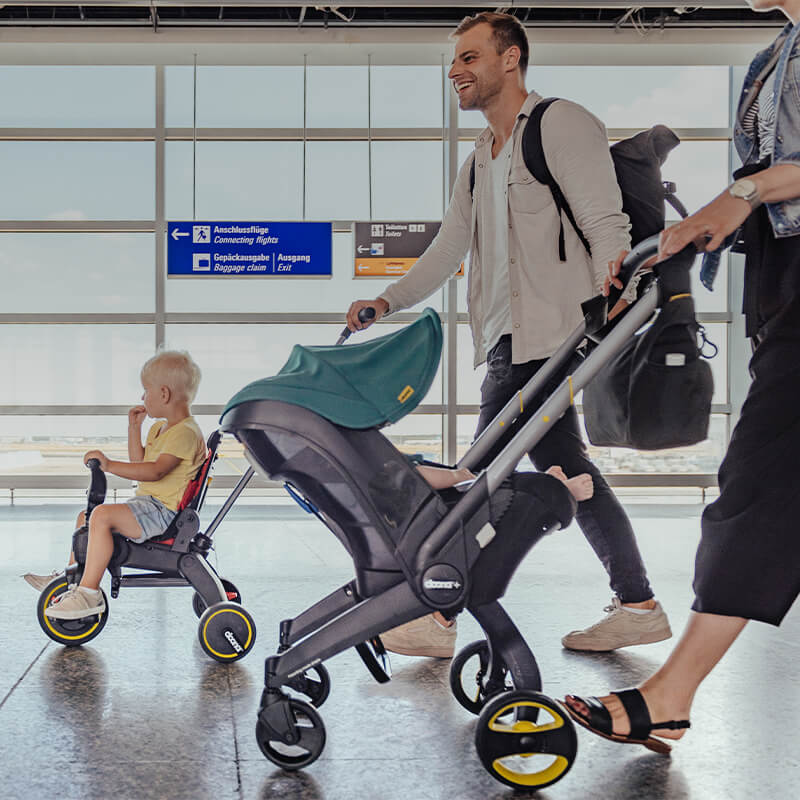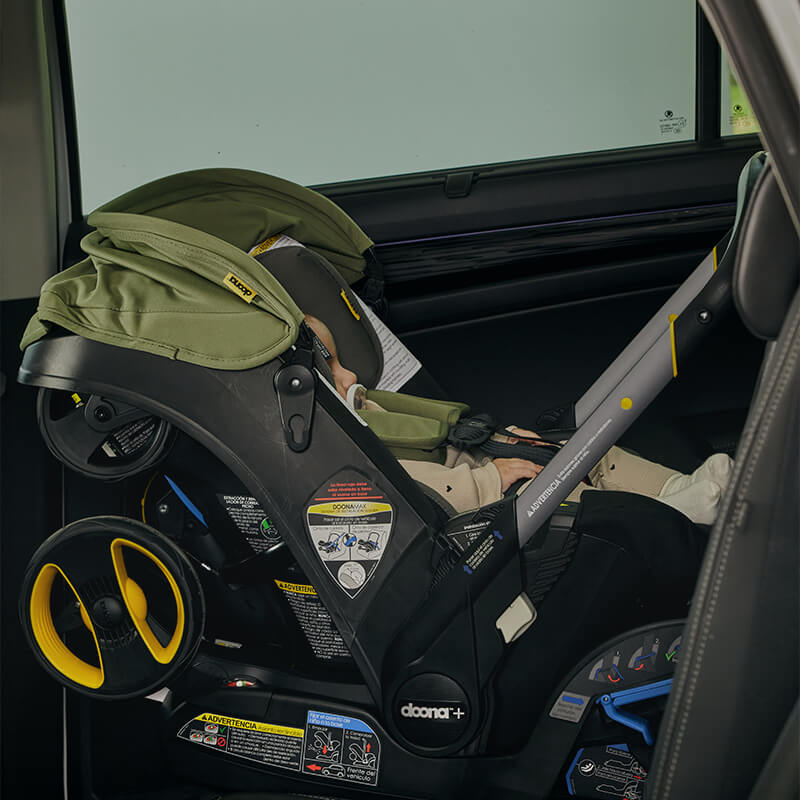When do babies start talking?
From the moment our babies are born, their main mode of communication is crying. Over time, our parental intuition allows us to distinguish between different types of coos, whimpers and wails to figure out what our little ones want — whether they’re tired or hungry, have a wet diaper or an upset tummy. And of course, we can also understand a lot from their giggles and facial expressions.
As they grow, babies slowly begin to mumble in a language of their own. This is an important stage in language development and it is important that the baby goes through it. As our babies must learn to crawl before they can walk, they have to mumble and chatter before they speak. So, how do babies learn to talk? Keep reading to find out when your little one will become a cute and cuddly conversationalist.
How do babies learn to talk?
When babies enter their ‘gibberish’ phase, it’s an important milestone in their language development because it represents the beginning of true communication, when the baby begins to experiment with sounds, listening for a response, answering, and building social connections.
As babies begin to fidget, they improve their lip skills. Even if you have no idea what the baby is saying, this gibberish will slowly turn into words and sentences. This supposed nonsense gives you a glimpse into your baby's cognitive development. Watch them closely during this period, to see how they memorize and repeat sounds, think about what they want to express, and learn how to use verbal and non-verbal communication to express their needs and
desires.
The social aspect
There is also, of course, the social component of language. Babies, even before they learn to speak, learn by watching you communicate. It is in these early lessons that they gain insight into the rules of language and socialization. This is how they observe your reactions to the sounds they produce, as well as your reactions to others while in conversation.
What is the average age for babies to start talking?
Your baby's verbal skills will begin to develop as their voice develops. The timeline typically looks something like this but can vary a lot from child to child:
● 2-3 Months: You will hear a lot of "ooos" and "koos".
● 4 Months: Mumbling begins around this age. At first you will hear more of the consonants P, B, M, that are produced by touching the lips.
● 1 Year: You may begin to hear your baby mumbling in strings of short and meaningless syllables, they imitate adults in intonation and rhythm. This is the stage that indicates the first words.
● 1 ½ Years: Baby connects 2 words together and later also 3 words.
● 3 Years: Baby will begin to be able to have an ongoing conversation, and understand most of what they are told.
What you can do to help your baby's language development
1. Talk to your little one, even if you think they don’t understand.
2. Pause after you say something. Baby needs time to process the words and perhaps respond.
3. Use a variety of intonations and differing tones of voice, so baby is encouraged to imitate you and learn new sounds.
4. Respond to your baby's murmur. When they mumble something, reply with something like, “Are you looking for your bottle? Where has the bottle gone?.”
5. When you read them a book, ask about the pictures and give them time to answer you.
No matter when your baby starts turning those gurgles into actual words, the most important thing you can do is to simply enjoy your little one every step of the way, and celebrate each little milestone they reach.
At Doona, we’re committed to making parenting simple for modern families everywhere, which is why we’ve created smart and innovative products like our Doona Car Seat & Stroller, which transforms at the click of a button; and Liki Trike, the most compact folding trike on the market. For more parenting tips, click here.
